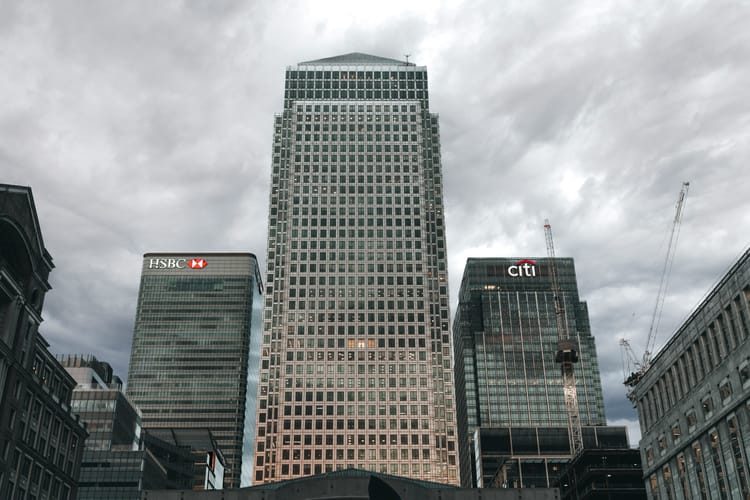Drop in business travel emissions shows company policies are changing

Many of the world’s largest companies are changing the way their employees travel to reduce emissions from business trips – with positive results.
Analysis released today (December 18) by the Travel Smart campaign shows that 104 of the 217 companies in its tracker cut business travel emissions by 50% or more in 2022, compared to a 2019 baseline.
The study results suggest that many companies are limiting unnecessary business trips and incentivising rail travel instead of flying – a low-hanging fruit in the pursuit of Scope 3 emissions reductions.
In fact, more than 90% of firms in the Travel Smart tracker managed to decrease these emissions to some degree. Austrian bank Bawag, German engineering group Thyssenkrupp and software firm SAP led the pack with 94%, 89% and 86% drops in travel emissions respectively. Only 21 of the companies tracked saw an increase in business travel emissions.
Read CSO Futures’ interview of SAP Chief Sustainability Officer Daniel Schmid
“This shows the feasibility of the business culture shift towards purposeful travel: less frequent flying and more combined trips, increased use of ‘virtual first’ approaches to maximise online collaboration tools, and mandated travel by rail where effective alternatives to flying exist,” said the campaign in a statement.
It appears companies are taking a stricter stance on flying than tourists, as emissions from business flights have dropped faster than overall aviation emissions: these reached 85% of their 2019 levels last year, compared to 67% for domestic business flights and 54% for international.
“Counting 217 of the world’s biggest flyers, emissions have been reduced by a total of 51%, representing 10 million tonnes of CO2 emissions savings at a crossroads moment in global climate action,” added Travel Smart.







Member discussion